Digital Scores: Selecting Software for Teaching Music in Greek Public Schools
Tassos Kolydas presenter a paper at the 8th Conference of the Greek Society for Music Education, entitled Digital Scores: Selecting Software for Teaching Music in Greek Public Schools
Digital scores provide valuable support to music teachers, either as aids for lesson design and implementation or as products of the educational process. From teaching music notation to supporting school musical events, a digital score is a consistent part of a music teacher’s efforts. Factors related to day-to-day classroom management are taken into account along with factors including equipment availability, financial resources for the acquisition of hardware and software, increased teacher workloads, and teaching in multiple schools. Since learning a score editing program involves a steep learning curve, software selection must be undertaken with care to ensure that it offers long-term benefits to both teachers and students.
All things considered, it can be safely deduced that FOSS is the best choice for the Greek educational system.
Digital score as a source for recording music heritage; challenges, opportunities, perspectives
Tassos Kolydas, Digital score as a historical source for recording music heritage; challenges, opportunities, perspectives
Music scores are a valuable kind of source for recording and studying music culture heritage. In particular, music manuscripts provide rich and diverse information; besides the musical content, they provide evidence for the conditions of creation of the musical work (corrections, additions and removals of material), composition (sketches, revisions, final version), identification of the work and the composer (creation date, original-copy distinction, writer's handwriting), etc. The ability to edit sheet music using a computer brings new possibilities, gradually establishing digital score as the best way to write music. On the other hand, most of the mentioned information are missing from the digital score. The purpose of the announcement is to examine the challenges, opportunities, perspectives which occur from the study of the digital score.
Interdisciplinary Conference "The Arts in the Greek School: Present and Future"
A three-day conference titled The Arts in the Greek School: Present and Future was organized by the Department of Theater Studies and the Department of Music Studies of the School of Philosophy of the National and Kapodistrian University of Athens, the Department of Theater of the School of Fine Arts of the Aristotle University of Thessaloniki and the Higher School of Fine Arts, and collaboration the Institute for Educational Policy of the Ministry of Education. The conference took place on October 11, 12 and 13 of 2018.
The Birth of Contemporary Europe: World War I, Music and the Arts
On November 9-11, 2018, an international conference entitled "The Birth of Contemporary Europe: World War I, Music and the Arts" was held.
World War I has been the turning point towards the birth of Contemporary Europe. It signaled the crucial end of the Empires and the shift towards new perspectives. The artistic and cultural output of the period in discussion has been rich and diverse, something that has been partially reflected on the scope of projects such as Europeana 1914-1918 , Europeana Migration and others.
In this international multidisciplinary conference, we expect to discuss several issues that have to do with artistic and cultural manifestations and their connection to music and sound in general, which occur both during, but also after, the end of the Great War.
Website & webserver administration: Tassos Kolydas. Design: Andreas Vakalios.
Plagiarism and copyright on music
The phenomenon of music plagiarism and music plagiarism raises considerations of both artistic and legal nature. How does a musician experience plagiarism and how does he use his earlier works as a source of inspiration? When is the use of data from earlier projects permissible and when is it counterfeit under intellectual property law? What are the technical tools for verifying plagiarism and what do the musicological analyzes offer?
Zagori, Nature and Culture
Zagori is a region endowed with rare natural beauty. Historical conditions have shaped a particular cultural environment there, where the multiplicity of small societies does not negate the unity of the whole. This is a real cultural heritage site not only for the already recorded but also for the living memory. It is therefore natural for Zagori to be one of the most popular destinations in Epirus but also a lively sphere of social interaction where tradition meets modernity in most fields, from economy to the most direct forms of sociality.
Concert at the Roman Odeon of Nikopolis
 The Preveza Music School took part in the "European Day of Music" at Preveza on a monumental performance in the Roman Theatre of Nikopolis. During the first part of the concert, the School Orchestra interpreted compositions arising from, related to, or referring to the dream in a performance entitled "Dream and music [interpretation]." The Orchestra under the direction of Tassos Kolydas played original compositions, arrangements of famous works, and compositions of the students themselves.
The Preveza Music School took part in the "European Day of Music" at Preveza on a monumental performance in the Roman Theatre of Nikopolis. During the first part of the concert, the School Orchestra interpreted compositions arising from, related to, or referring to the dream in a performance entitled "Dream and music [interpretation]." The Orchestra under the direction of Tassos Kolydas played original compositions, arrangements of famous works, and compositions of the students themselves.
GSME 7th Conference
Τhe 7th Conference of the Greek Society for Music Education (GSME) was completed succesfully. The subject of the Conference was "Music Literacy: Formal and Informal Ways of Music Teaching-Learning". It was held in Thessaloniki Concert Hall from 27 to 29 November 2015. Tasos Kolydas designed and implemented the registration system for delegates and supported technical operations of the web server and the mail server. He undertook the creation of a new access control system for the needs of the Society's members. During the Conference, he presented an oral presentation, entitled "Digital literacy and music: an approach to beliefs about quality,
regarding lossy algorithms for compressing audio signal". He also held, a workshop entitled "Digital literacy and music: Free Open Source Software available to the teacher". More about the paper
EduPolicies 2014
The 5th International Conference on Educational Policy (EduPolicies 2014) was held in Athens. It was entitled "International and European Trends in Education: Their influences on Greek Education System." The conference was attended by education professionals in order to develop dialogue on research and practical applications of advanced educational policies for teaching and learning. Tassos Kolydas presented a workshop on "Information and Communication Technologies in the service of education: finding and editing music for teaching music ensembles."
ICMC|SMC|2014
The joint ICMC|SMC|2014 Conference took place in Athens, Greece, from 14 to 20 September 2014 and, for the first time, it brought on the cross-road two well established events: the 40th International Computer Music Conference (ICMC) joint with the 11th Sound & Music Computing conference (SMC). The main theme of the Conference was "Music Technology meets Philosophy: From Digital Echos to Virtual Ethos". Tassos Kolydas designed and implemented the registration system and supported the web server the mail server operation. He had the honor to attend the summer academy held at the conference, entitled «Computational Music Analysis». More about the summer academy. More about the conference.
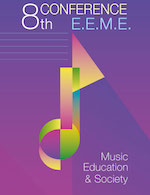
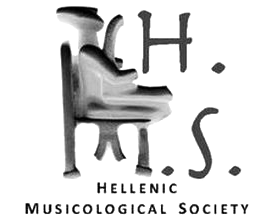
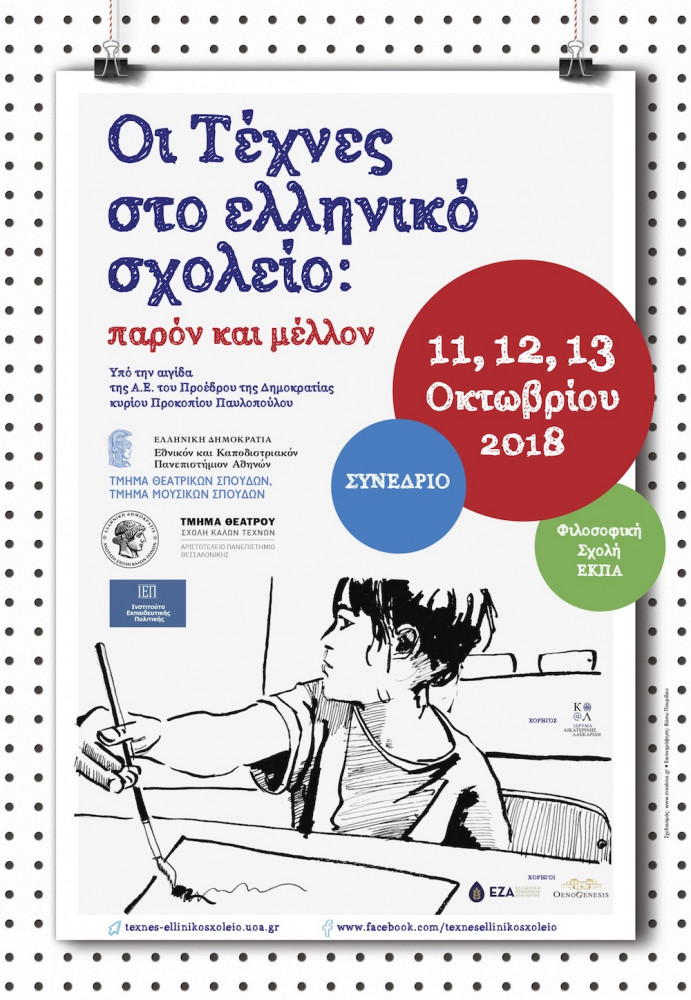
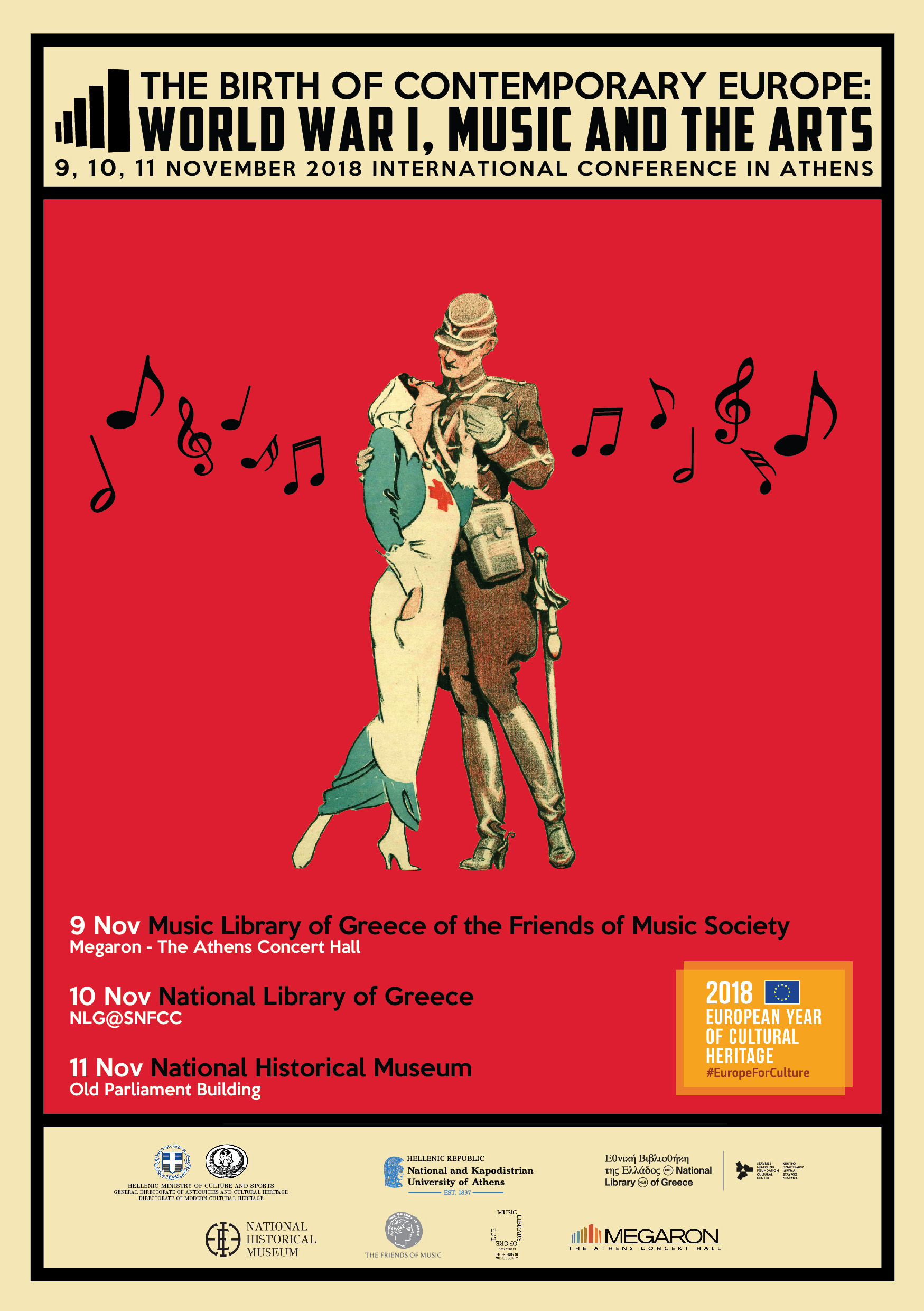
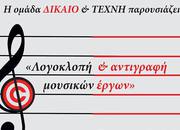
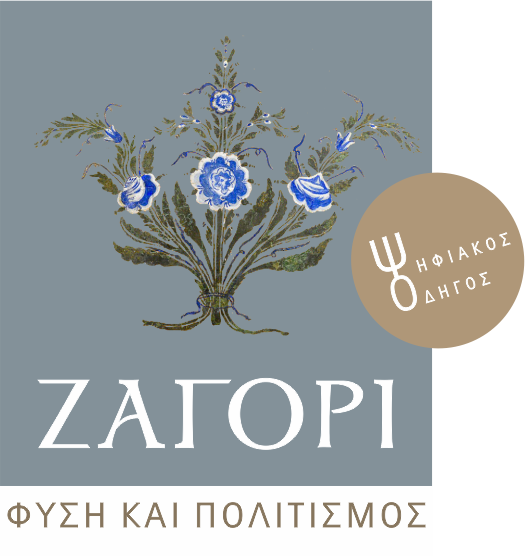
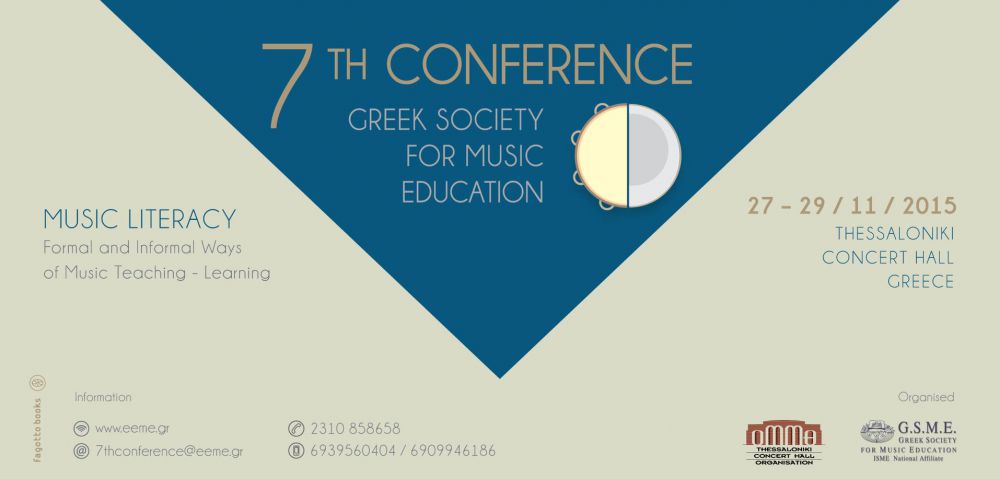
 Please wait...
Please wait...